
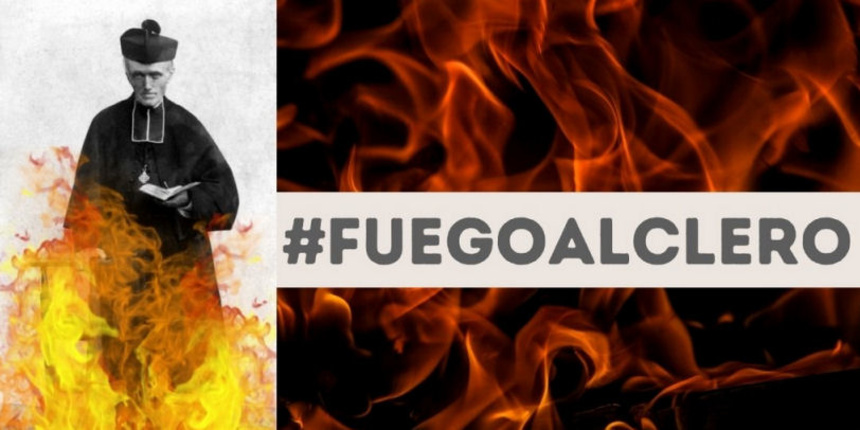

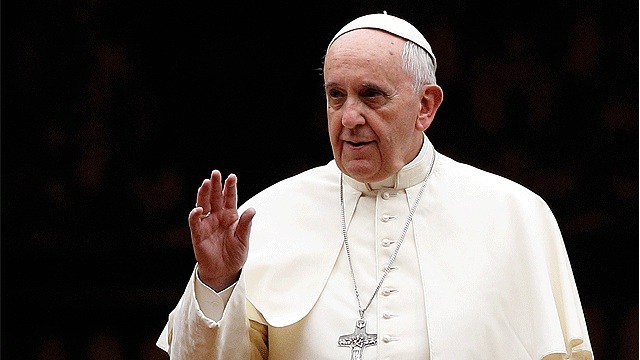
Pope Francis has sparked the ire of Chinese authorities after he included the Muslim minority Uighurs among examples of groups persecuted for their faith for the first time. It is estimated that China has 1 million Uighur men held in concentration camps.
In a new book ‘Let Us Dream’, Francis writes: “I think often of persecuted peoples: the Rohingya, the poor Uighurs, the Yazidi — what ISIS did to them was truly cruel — or Christians in Egypt and Pakistan killed by bombs that went off while they prayed in church”.
Francis has declined to call out China for its crackdown on religious minorities, including Catholics, much to the dismay of many church leaders and human rights groups. The Vatican last month renewed its controversial agreement with Beijing on nominating Catholic bishops, and Francis has been careful to not say or do anything to offend the Chinese government on the subject.
China and the Vatican have had no formal relations since the Communist Party cut ties and arrested Catholic clerics soon after seizing power in 1949 but recently renewed an agreement that gives Beijing a say over the appointment of bishops.
Foreign ministry spokesperson Zhao Lijian said Francis’ remarks had “no factual basis at all.”
“People of all ethnic groups enjoy the full rights of survival, development, and freedom of religious belief,” Zhao said at a daily briefing.
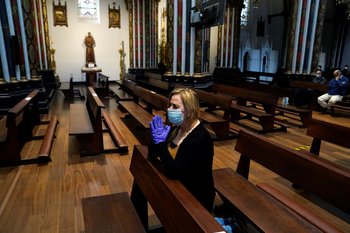
Churches in Northern Ireland are to be allowed to stay open for individual prayer during the two-week coronavirus lockdown.
The editor of the Irish Catholic, Michael Kelly said the concession is welcome, but the ban on public worship should not be happening and the Executive “should never have caused such distress and anxiety by creating doubt about whether churches could remain open for private prayer or not.”
Stormont ministers met on Tuesday morning and agreed the clarification to the regulations.
It followed calls by Church leaders across the North for the change.
The Executive had initially agreed that places of worship should close for all but weddings, civil partnerships and funerals from Friday until 11 December.
They will also be allowed to carry out drive-in services.
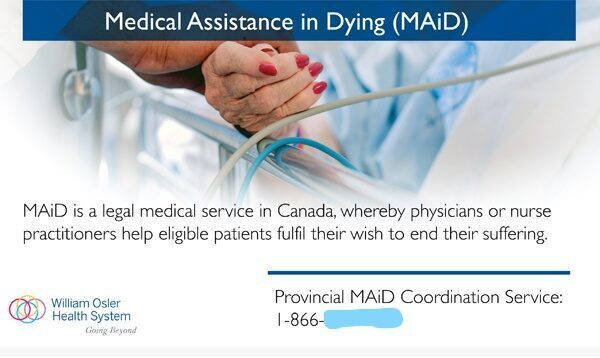
A bill on palliative care in Ontario, Canada, has been called a good first step, but Catholic Church leaders and medical experts insist more is needed.
While hospitals administering assisted suicide (MAiD, Medical Assistance in Dying) are fully funded, hospices have to raise 50 per cent of their operating funds in bake sales and fundraising drives, said Canadian Hospice and Palliative Care Association executive director Sharon Baxter.
Their demands include full funding, concrete plans for minimum standards of care and political will to see that all Ontarians have a realistic chance to choose palliative care well before they’re staring death in the face.
“The bill is good. It’s a good start,” said Toronto’s archbishop, Cardinal Thomas Collins.
But, without funding commitments and a pipeline in place to ensure qualified palliative-care specialists among physicians, social workers and nurses, a framework alone won’t actually deliver more palliative care, Collins said.
He also decried the lack of protections in law for conscientious objectors.
“I am really concerned that people — nurses, doctors, medical students as they’re going through their medical training — are very often put under considerable pressure,” the cardinal said.
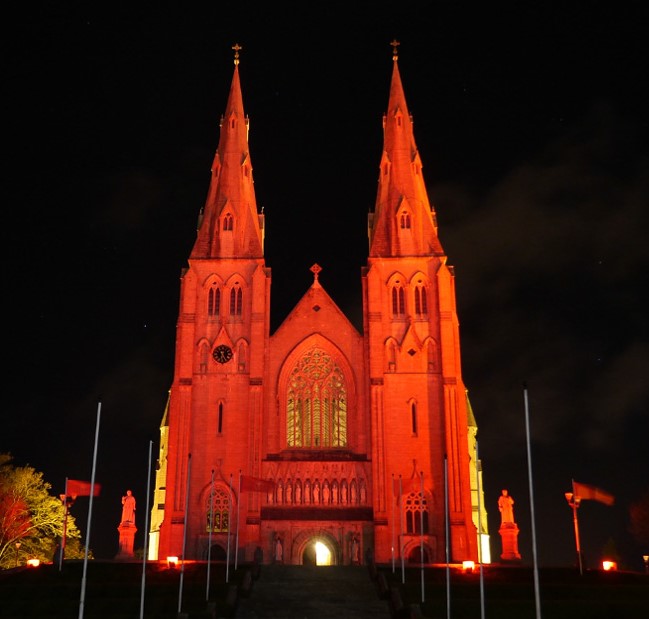
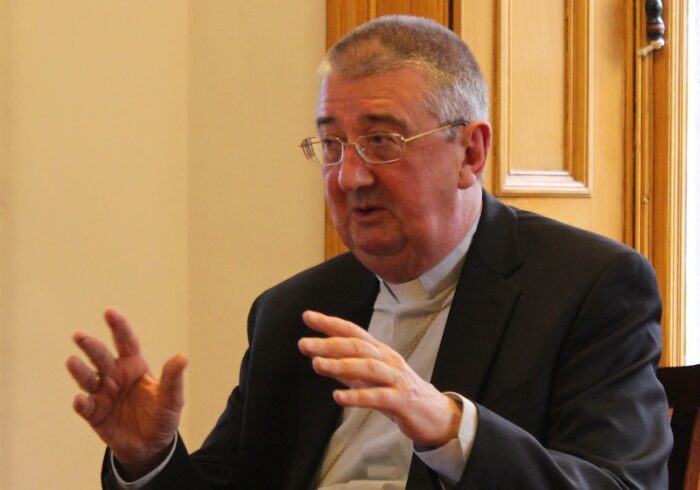

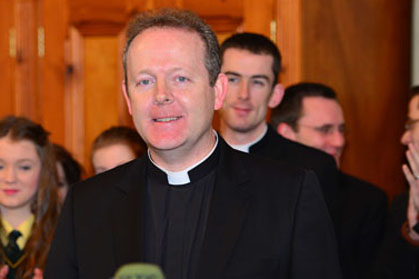
The head of the Irish Bishops’ Conference has reacted with dismay to the decision of the Northern Executive to close churches across Northern Ireland for two weeks from November 27th.
Archbishop of Armagh, Eamon Martin called the news “unexpected” and described it as “a great disappointment”.
He added that it was “contrary to the assurances given to faith groups at a meeting just last week at which we were praised for our attention to safety and public health.”
He said the Church would urgently request that the ban on public worship would be for the shortest period possible.
He will also seek urgent clarification on whether churches may open for individual visits and private prayer.
“I cannot understand how a person may still go to an off-licence to buy alcohol but might not be permitted to visit and sit in quiet solitary prayer in a large church. The right to do this is particularly important for Catholics,” he said.
“In speaking about ‘saving Christmas’, I urge the Executive to accept that for many people a ‘meaningful Christmas’ is about more than shopping, eating and drinking. Spiritual preparation is essential”.